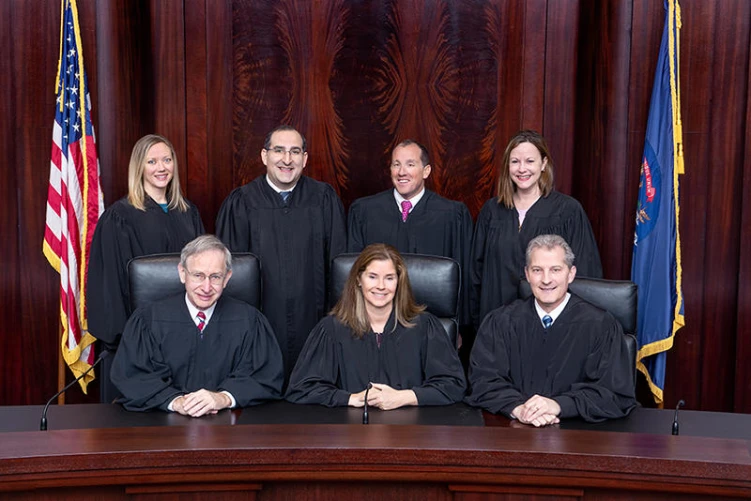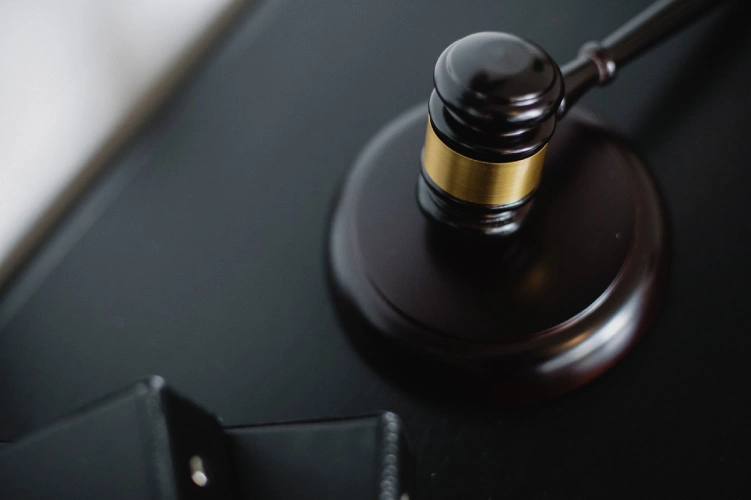- Inheritance is an essential source of wealth in the U.S. and may be impacted by a lack of information or failure to follow through with wishes.
- Gathering data on assets & debts and legal requirements governing estate administration can be critical in determining discrepancies.
- Talking to fellow inheritors can help uncover evidence for the unequal division of assets and reach a resolution.
- Hiring an inheritance lawyer may be necessary if all else fails and could be funded from the estate itself.
Inheritance can be a significant issue for families, as it directly affects how money, property, and other assets are divided upon the death of an individual or within a family. According to a 2017 survey by U.S. Trust, inheritance is one of the most important sources of wealth in the United States, with 34-45 percent of affluent households relying on inheritance for their wealth. In addition, nearly half (46 percent) of all high-net-worth households expect to receive $1 million or more from inheritance during their lifetimes.
However, many individuals do not always get what they deserve regarding inheritance – either because of a lack of information about inherited assets or because the deceased did not follow through with the wishes expressed regarding distributions.
Unfortunately, you might be one of these individuals. If you feel that you have not received what is yours from an estate, it is crucial to understand your rights and how to fight for them.
Gather Information
It is critical to gather information if you did not get the inheritance you deserve, as it will help you identify any discrepancies in the estate’s distribution. Gathering information can include obtaining documents related to the deceased’s assets and debts, such as a will or trust documents, tax returns, bank statements, titles to property, and loan documents.
Additionally, gathering information can involve speaking with family members and other individuals who may know the deceased’s wishes regarding inheritance distributions.
Information gathered should be used to determine whether the estate was administered correctly. This includes investigating whether assets or liabilities were overlooked or misclassified by the estate’s executor or trustee.
It also involves checking for suspicious transfers between the date of death and when the probate process began. Furthermore, records of papers signed by family members or other individuals related to disposing of assets should also be examined thoroughly.
In addition to collecting data on assets and debts, researching legal requirements that apply to an estate is also important when resolving inheritance disputes. It is essential to understand what laws govern estate administration in your state—whether it be common law or statutory law—to identify any shortcomings.
Discuss with Fellow Inheritors

When trying to resolve inheritance disputes, talking to fellow inheritors can be helpful. It is essential to have an open dialogue about discrepancies and share your concerns with other family members affected by the situation. Discussing specifics regarding estate distributions with others can help determine whether the deceased’s wishes were carried out as intended or if something was overlooked.
Here are a few outcomes that might happen when entering discussions with fellow inheritors:
Reason for unjust inheritance
Sometimes, the deceased or executor may have simply made a mistake when distributing an estate. In such cases, the parties involved can come together and agree on how to rectify any discrepancies.
Discovery of new adjustments
It is possible that discrepancies in estate distributions have not been discovered until after the fact. In this case, fellow inheritors may be open to making adjustments to ensure that individuals receive what they are entitled.
Moral responsibility
In some cases, family members may simply feel obligated to do the right thing and give a deserving individual their just inheritance.
Evidence for an unequal division of assets
Discussions with fellow inheritors will also help uncover evidence of an unequal division of assets. This will be essential when bringing a lawsuit against the executor or trustee responsible for administering the estate.
Hire an Inheritance Lawyer

If all else fails, hiring an inheritance lawyer may be the next step in getting what you deserve from an estate. An inheritance law attorney can review your case and help determine if there is a legal basis for pursuing any claims of unjust distributions. An experienced inheritance attorney can also provide advice on how to proceed with filing a lawsuit or negotiating an out-of-court settlement.
An inheritance lawyer might cost around $100 – $350 per hour, and depending on the complexity of your case, you may be required to pay a retainer fee upfront. It is also possible that the cost of an inheritance lawyer can be taken from estate funds if there are sufficient assets available.
Final Thoughts
Inheritance disputes can be tricky and require legal knowledge to adequately address distribution discrepancies. If you feel that you have not received what is yours from an estate, it’s essential to understand your rights and ensure you get what you deserve. Additionally, you can successfully battle for your rightful inheritance by gathering information related to the deceased’s assets and debts, discussing with fellow inheritors, and hiring an inheritance lawyer when necessary.



